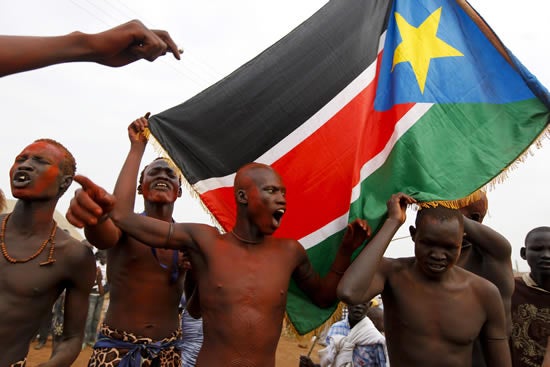Sudan: More Conflict for Khartoum?
Morgan Lorraine Roach /
Since South Sudan gained independence last January, the world’s newest country has many challenges to face.
The government in Juba must quickly and efficiently address some of the most basic issues that many in the West take for granted, such as roads, clean water, and electricity. In short, it must deliver on the hopes promised by independence. While the international community has lavished attention on South Sudan, it has largely ignored a set of brewing internal crises in the north.
Sudan’s president, Omar al-Bashir, has suffered a loss of influence within his National Congress Party (NCP). When 99 percent of South Sudanese voted in favor of secession last January, Bashir accepted the inevitability of the south’s independence. After losing half the country—totaling an area nearly the size of France—and the oil wealth that goes with it, Sudan’s senior military officers took advantage of the weakened strongman and now appear to be directing policy. As a result, conflict along the border has escalated.
According to the International Crisis Group, in June, hardliner politicians in Khartoum and generals from the Sudanese Armed Forces rejected a political and security framework for the states of South Kordofan and Blue Nile brokered by international mediators. Further, last September, in the wake of violence in Blue Nile, Khartoum banned the Sudanese People’s Liberation Movement-North (SPLM-N), the country’s largest opposition party.
In addition to the divided government in Khartoum, four militias across Sudan are unifying to rebel against the government under a coalition known as the Sudan Revolutionary Front (SRF), comprised of the Justice and Equality Movement (Darfur’s most powerful rebel group), two branches of Sudan Liberation Army, and the SPLM-N.
In a communiqué, the SRF announced its intent to overthrow the NCP through the “convergence of civil political action and armed struggle.” Khartoum claims that South Sudan is funding these rebel groups with the aim of regime change in Khartoum. Likewise, Juba claims that Sudan is supporting rebel groups in South Sudan.
Continued strife in Sudan puts the United States in a difficult situation. Clearly, the U.S. and Khartoum have had troubled relations for quite some time, and Washington’s favoritism toward Juba has not gone unnoticed. Sudan views the U.S. and other Western interlocutors with extreme suspicion and is unlikely to cooperate through mediation in which the U.S. plays a lead role. After all, the last time the Washington took the initiative in brokering peace, Khartoum ended up with half a country.
The U.S. has invested too much time and resources in the peace process for Sudan to return to war. Rather, the U.S. will be most influential if it works in collaboration with regional partners and international organizations that have shown both willingness and effectiveness in mediation efforts.

